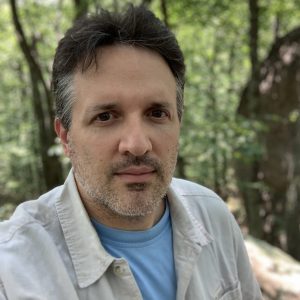The Virginia Outdoors Foundation permanently protected 26,375 acres of open space through 127 conservation easements in 2012 — a rate of more than three acres every hour.
“I applaud the efforts of the Virginia Outdoor Foundation and VOF Board Chairman, Charles Seilheimer,” said Governor Bob McDonnell. “VOF is a key player in working to conserve Virginia’s many beautiful open spaces. When we conserve more open space we make Virginia an even better place to work, expand a business, and raise a family.”
“It’s a win-win when private landowners partner to conserve open space, working farms and forests,” said Doug Domenech, Virginia’s Secretary of Natural Resources. “We all benefit from enjoying Virginia’s natural beauty. It’s good for the environment as well.”
VOF recorded easements in 53 localities, including its first two easements in the City of Covington, which protect nearly a mile of a state-designated native brook trout stream, contain portions of a public hiking trail, and border the George Washington National Forest.
Smyth County had the most open space protected with 2,569 acres on five easements.
The 2012 easements include about 120 miles of streams, 11,000 acres of U.S. Department of Agriculture-designated high quality farm soils, and 1,700 acres along state-designated scenic roads and rivers, among other conservation values.
VOF now protects about 675,000 acres — more than 1,000 square miles — across 107 localities. That is an area three times larger than Shenandoah National Park. Roughly 75 percent of the acreage lies within the Chesapeake Bay watershed.
Conservation easements are voluntary agreements between private landowners and a qualified land trust such as VOF that restrict future development while allowing compatible uses such as farming, forestry, and recreation. Landowners who donate easements can receive state and federal tax benefits.
VOF was established by the Virginia General Assembly in 1966 to encourage the preservation of the Commonwealth’s natural and cultural heritage lands. It operates seven regional offices in Virginia and holds more conservation easements than any land trust in the nation.
